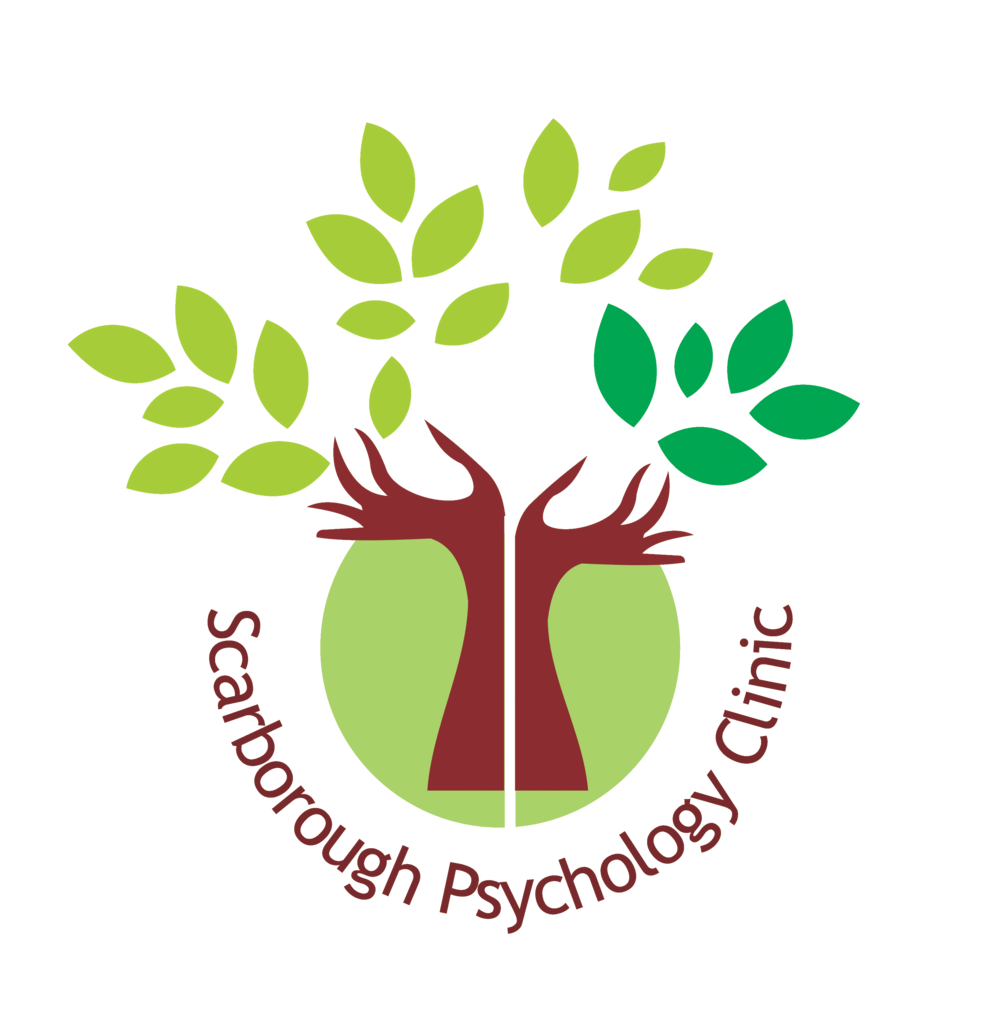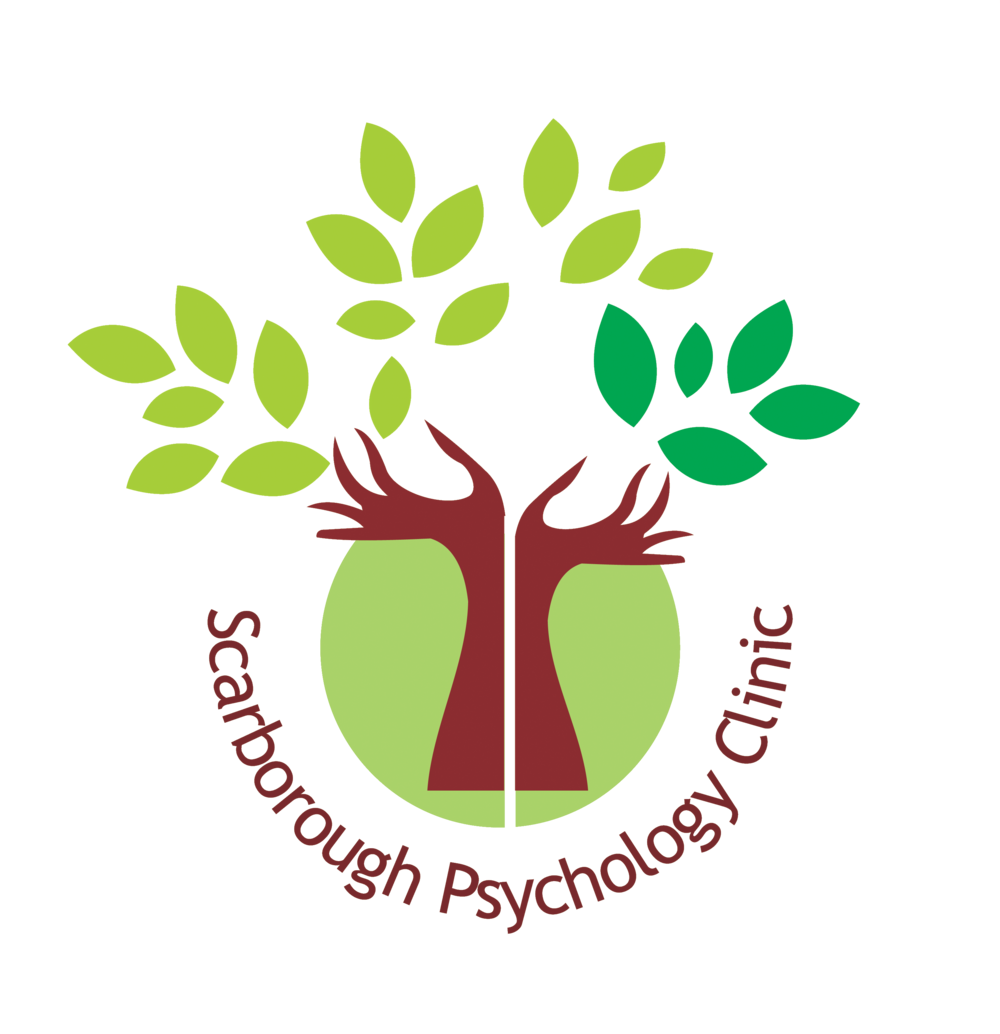“Navigate this painful journey by finding hope in the midst of sorrow.”

Are you feeling intense sorrow and pain over the loss of your loved one?
Do you feel detached from everything and unable to focus on anything other than the loss of your loved one?
Are you experiencing intense longing and pining for the deceased?
Bereavement is a normal process that best describes the initial period of sadness after a loss. It can be tough to lose someone or something that we care about. Loss can be in many forms:
- Losing a loved one through death (family member & pet)
- Decline or change in physical or mental health
- Loss of employment or academic status
- Change in relationship status (separation, divorce, estrangement)
- Loss of financial status
- Losses from a natural disaster
- Losing connections due to changes in our lives (new job, immigration, moving to a new neighborhood)
Grief is the emotional suffering that we experience following a loss. Grief reactions can vary by individual. Some of these reactions can look like the following:
- Feelings of emotional numbness
- Denial and/or confusion
- Disbelief and/or shock
- Anger
- Anxiety
- Depressed mood
- Guilt and/or remorse
No one should have to go through the bereavement process alone. Grief counseling can offer us support while working through our grief reactions. Some of these reactions can include:
- Intense sadness
- Rumination about the loss
- Insomnia
- Poor appetite
- Weight loss
- Headaches
- Muscle tension
- Separation difficulties (physical or behavior problems)
- Delayed or extended grief
- Extreme mourning
- Unexpected mourning
Some or all these grief reactions are often present shortly after the loss occurs. With time and emotional processing, grief reactions can decrease and eventually fade away. Sometimes our grief experience can become complicated with intense emotions that interfere with healing.
When this happens, we must avoid isolating ourselves and reach out to professionals who can assist us with processing our grief. Grief counseling can include Cognitive Behaviour Therapy (CBT) interventions and mindfulness strategies. CBT is an evidence-based psychotherapeutic treatment where a client and a therapist work collaboratively to understand problems in terms of the relationship between one’s thoughts, feelings, and behaviors.

